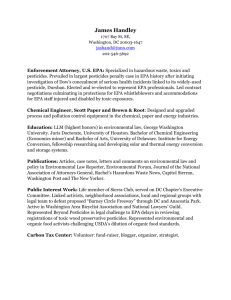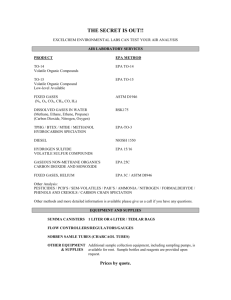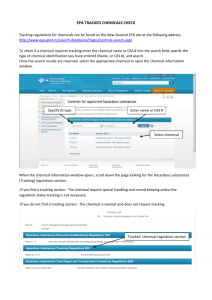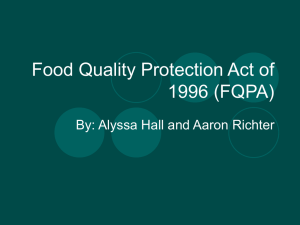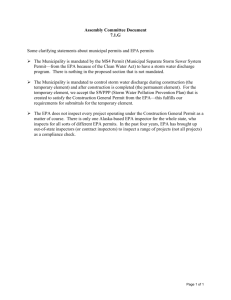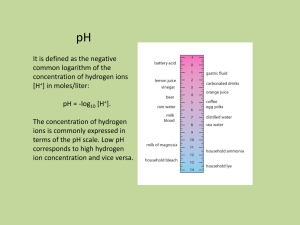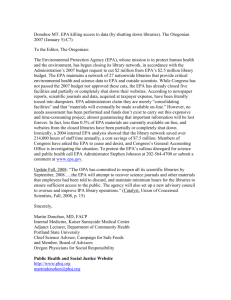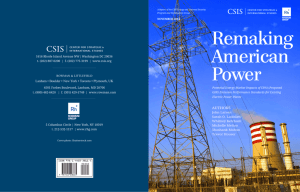Petition to Review
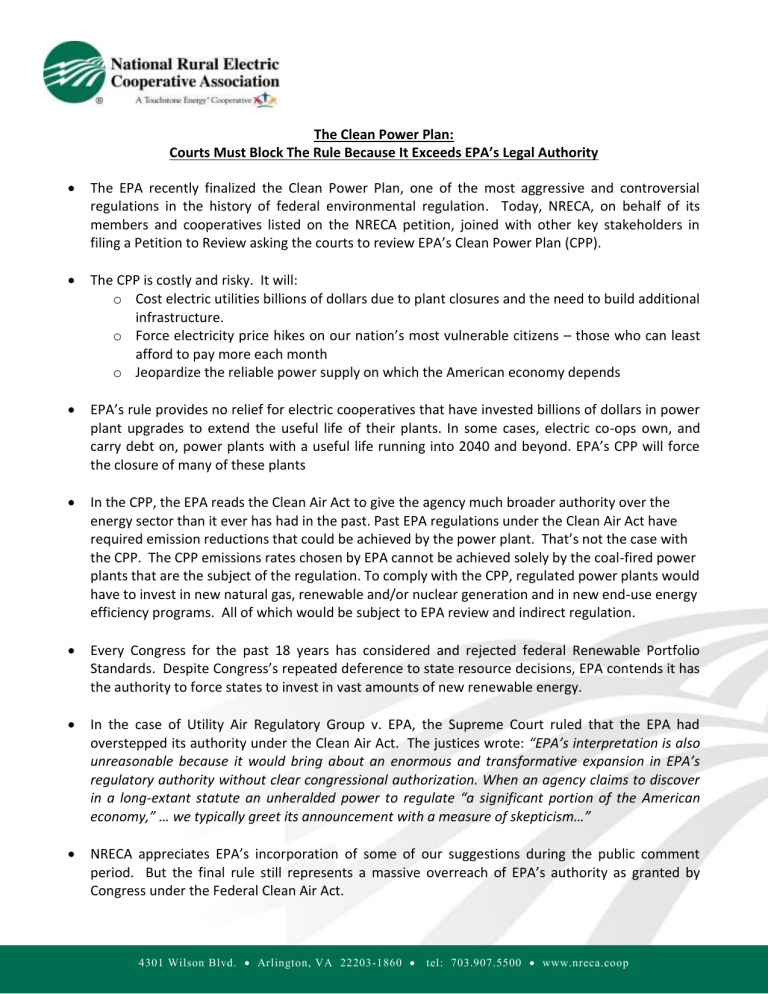
The Clean Power Plan:
Courts Must Block The Rule Because It Exceeds EPA’s Legal Authority
The EPA recently finalized the Clean Power Plan, one of the most aggressive and controversial regulations in the history of federal environmental regulation. Today, NRECA, on behalf of its members and cooperatives listed on the NRECA petition, joined with other key stakeholders in filing a Petition to Review asking the courts to review EPA’s Clean Power Plan (CPP).
The CPP is costly and risky. It will: o Cost electric utilities billions of dollars due to plant closures and the need to build additional infrastructure. o Force electricity price hikes on our nation’s most vulnerable citizens – those who can least afford to pay more each month o Jeopardize the reliable power supply on which the American economy depends
EPA’s rule provides no relief for electric cooperatives that have invested billions of dollars in power plant upgrades to extend the useful life of their plants. In some cases, electric co-ops own, and carry debt on, power plants with a useful life running into 2040 and beyond. EPA’s CPP will force the closure of many of these plants
In the CPP, the EPA reads the Clean Air Act to give the agency much broader authority over the energy sector than it ever has had in the past. Past EPA regulations under the Clean Air Act have required emission reductions that could be achieved by the power plant. That’s not the case with the CPP. The CPP emissions rates chosen by EPA cannot be achieved solely by the coal-fired power plants that are the subject of the regulation. To comply with the CPP, regulated power plants would have to invest in new natural gas, renewable and/or nuclear generation and in new end-use energy efficiency programs. All of which would be subject to EPA review and indirect regulation.
Every Congress for the past 18 years has considered and rejected federal Renewable Portfolio
Standards. Despite Congress’s repeated deference to state resource decisions, EPA contends it has the authority to force states to invest in vast amounts of new renewable energy.
In the case of Utility Air Regulatory Group v. EPA, the Supreme Court ruled that the EPA had overstepped its authority under the Clean Air Act. The justices wrote: “EPA’s interpretation is also unreasonable because it would bring about an enormous and transformative expansion in EPA’s regulatory authority without clear congressional authorization. When an agency claims to discover in a long-extant statute an unheralded power to regulate “a significant portion of the American
economy,” … we typically greet its announcement with a measure of skepticism…”
NRECA appreciates EPA’s incorporation of some of our suggestions during the public comment period. But the final rule still represents a massive overreach of EPA’s authority as granted by
Congress under the Federal Clean Air Act.
4301 Wilson Blvd.
Arlington, VA 22203 -1860
tel: 703.907.5500
www.nreca.coop

